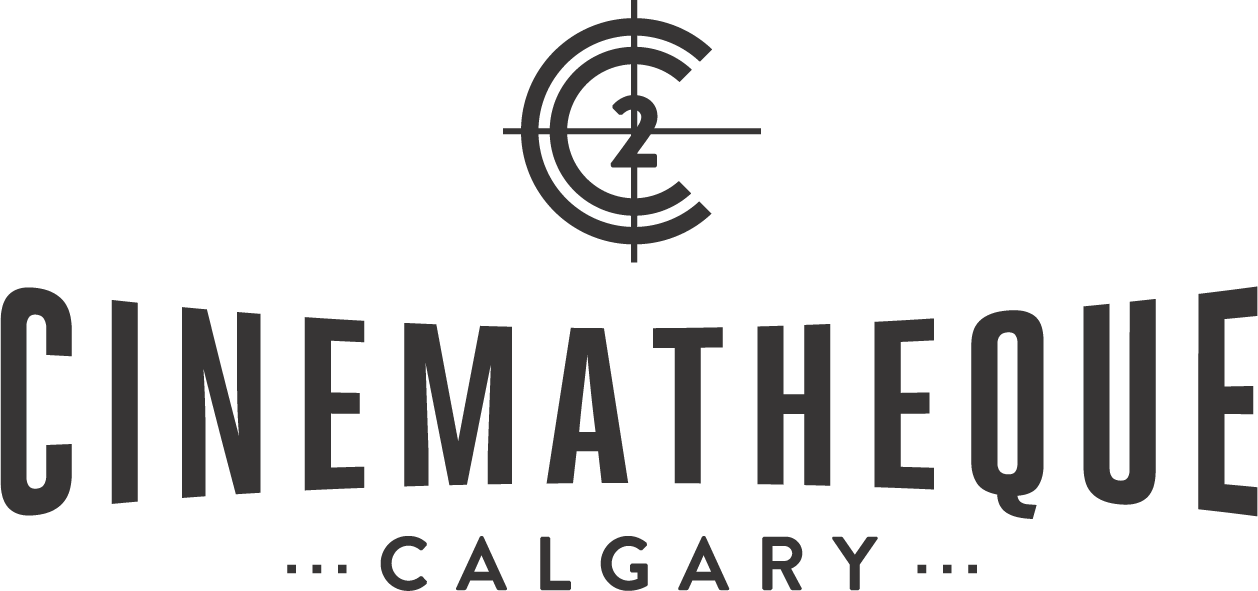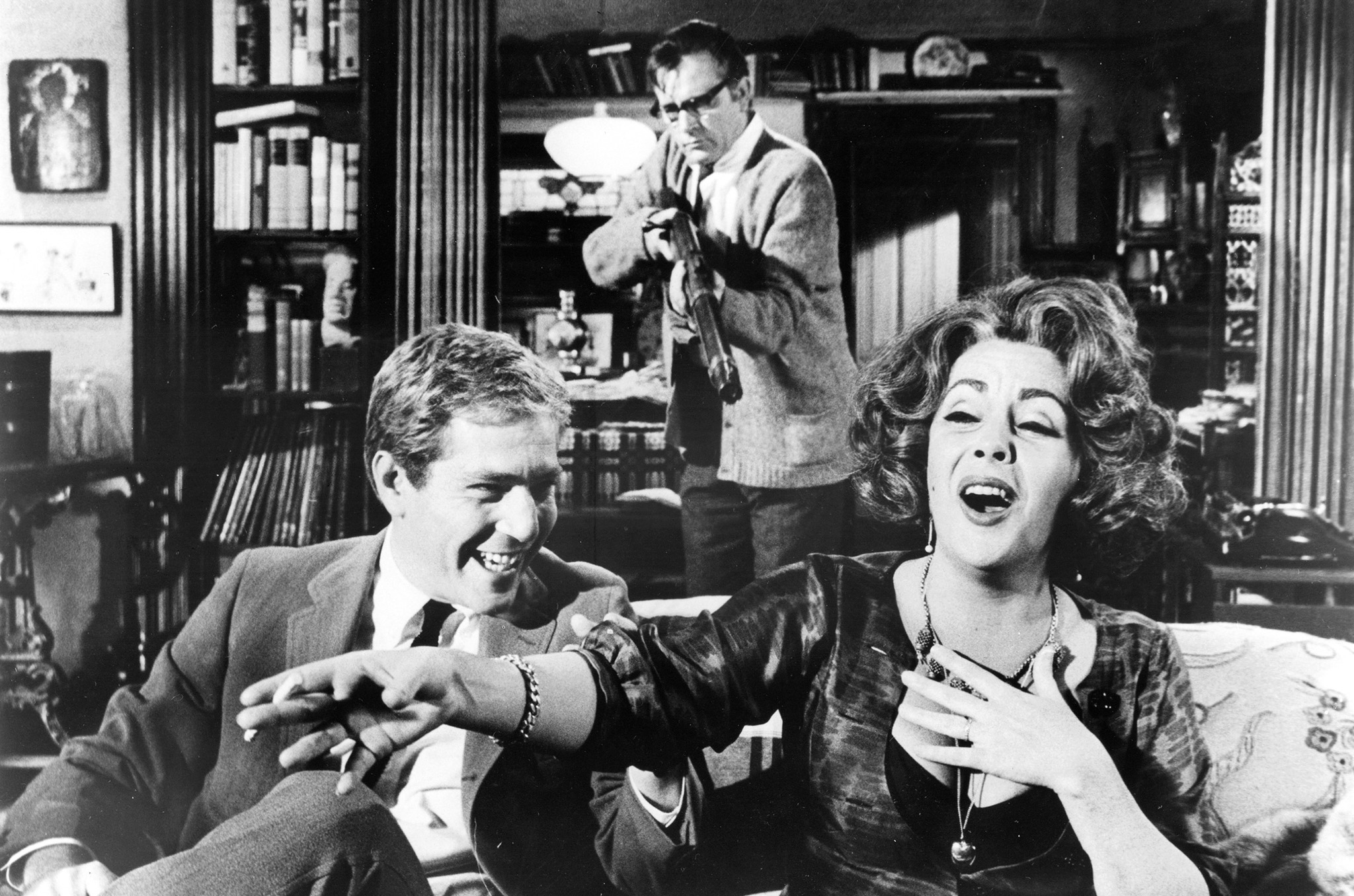
THE PARALLAX VIEW (1974)
THE PARALLAX VIEW | Dir. Alan J. Pakula | 1974 | 102 min
Investigative reporter Joe Frady (Warren Beatty) discovers that the assassination of a US senator wasn’t an isolated incident. His investigation leads him to suspect the Parallax Corporation was involved and soon, Frady finds himself in a larger than life conspiracy.
The Parallax View is the second “Willis” film that forms our Spotlight Series on American cinematographers Gordon Willis and Haskell Wexler. To learn more about this series, read our Whitepaper written by Cinematheque Board Member and Programmer Felicia Glatz:
EXCERPT: “Gordon Willis carefully dissects the screen, relegating action to miniscule but sterilely lit portions of his frame. These highly dichotomous compositions lead us to the most literal and significant interpretations, something he has mastered and recurrently exercises for maximal impact. Joseph Frady (Warren Beatty) a journalist on the run divulges classified and dangerous information to his editor Bill Rintels (Hume Cronyn) in his tiny glass office, a vivarium floating in a dark newspaper room. Frady, who has penetrated an elite assassin’s recruitment facility, follows them into the shadows where they carry out their orders robotically. Their world is opaque and all consuming; likewise, Willis’s darkness gradually strangles the light into submission. The second of three collaborations between himself and Alan J Pakula, The Parallax View (1974) synthesizes the most politically subversive themes with finely tuned formal delivery. A collective suspicion stemming from the highly investigated and even more so theorized JFK assassination, humors Pakula’s critique of a lone patsy narrative.”
To read the full Whitepaper click HERE.
Awards
Avoriaz Fantastic Film Festival 1975 - Won (Critics Award | Alan J. Pakula)
Edgar Allan Poe Awards 1975 - Nominated (Edgar, Best Motion Picture | David Giler, Lorenzo Semple Jr.)
National Society of Film Critics Awards, USA 1975 - Won (NSFC Award, Best Cinematography | Gordon Willis).
Writers Guild of America, USA 1975 - Nominated (WGA Award (Screen), Best Drama Adapted from Another Medium | David Giler, Lorenzo Semple Jr. )
The Parallax View is the fifth selection in our SPOTLIGHT: WILLIS AND WEXLER series.





